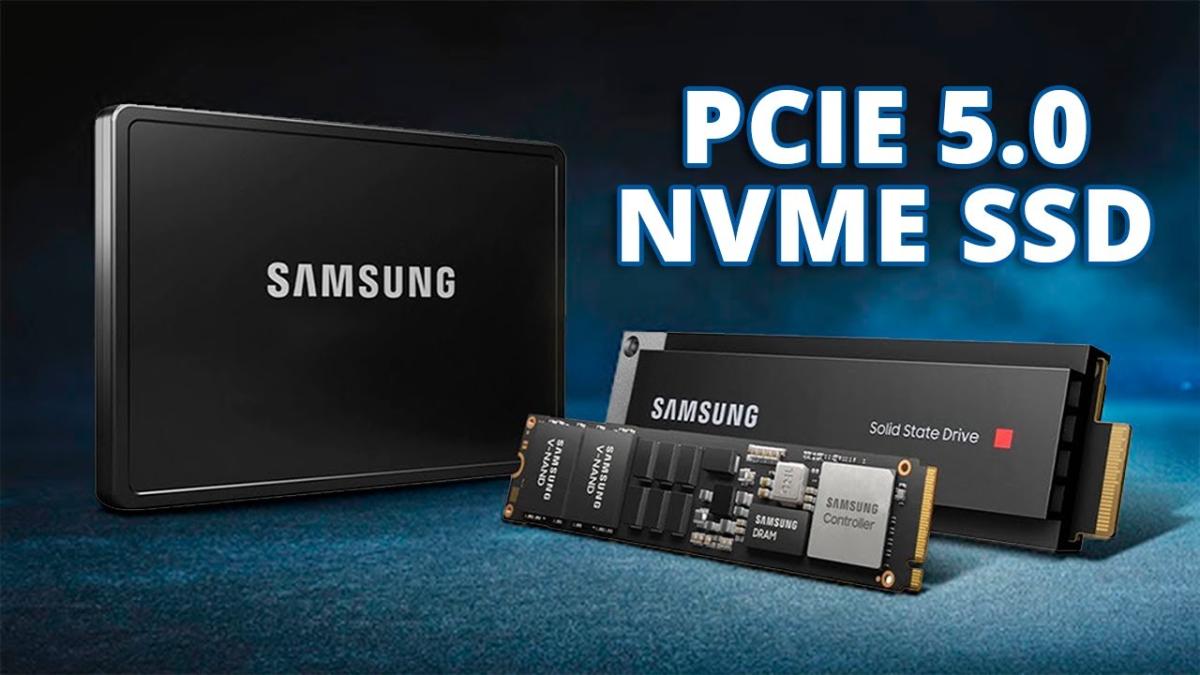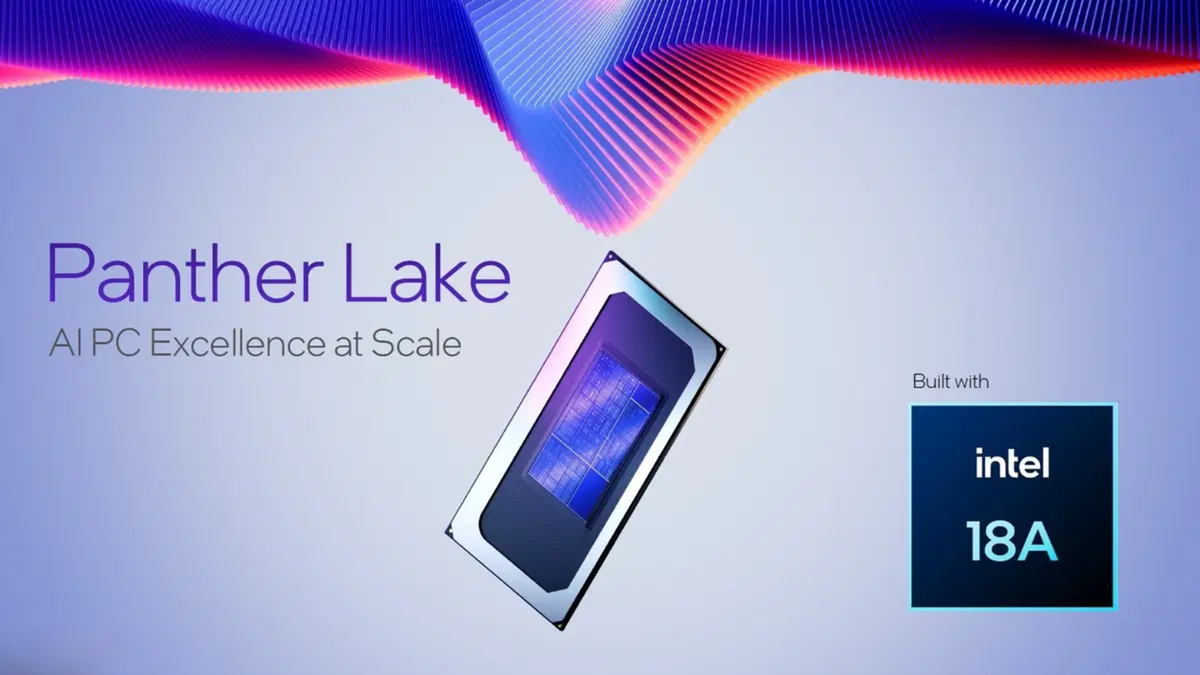Ever since the introduction of the PCIe 5.0 standard, the computing world has been obsessed with the incredible connection speeds it provides. The 12th generation Intel Alder Lake processors and the upcoming AMD Ryzen 7000 processors provide support for this standard, and there are many expectations.
Such widespread adoption could cause additional pressure to get the fastest model when buying an ultra-fast SSD, one that delivers 13,000 Mbps of write and read.
But as exciting as new technologies are, you can live a very fast digital life with a modern and less expensive SSD. Indeed, the smartest thing to do is to wait until the high-end performance hits the mid-range budget.
The first: SSDs are such a life-changer compared to mechanical hard drives (HDDs) that even the slowest drives matter.
Pure speed, of course, matters. The humble SSD can read and write data four times faster than a 7200 rpm hard drive. Currently, the mid-range SSD offers about 550 Mbps, while the HDD used to not exceed 150 Mbps.
And it’s not all about speed, SSDs have much lower latency than HDDs, therefore, the request for any information is not only transmitted faster, but the order arrives and is answered much faster.
In second place: the need for speed varies depending on the use of the computer. The most common activities on a PC are office work, Internet browsing, media streaming, and games that don’t take up much disk space.
This allows cheaper SSDs to be fast enough for this kind of use. But if you need a good drive for your needs, very fast and stable, a PCIe 3.0 SSD (about 3500 Mbps) is already enough.
Spending money on a super fast SSD usually doesn’t result in a better user experience because when certain speeds are reached, the bottleneck is in other computer components: RAM, processor, motherboard, graphics card…
The bottom line is that you can splurge on a blazing fast SSD, but you don’t have to. Today’s hardware market offers very fast and very cheap hard drives.therefore, the highest ranges will only be needed by those professionals whose lives depend on it.
Source: Computer Hoy
I am Bret Jackson, a professional journalist and author for Gadget Onus, where I specialize in writing about the gaming industry. With over 6 years of experience in my field, I have built up an extensive portfolio that ranges from reviews to interviews with top figures within the industry. My work has been featured on various news sites, providing readers with insightful analysis regarding the current state of gaming culture.













